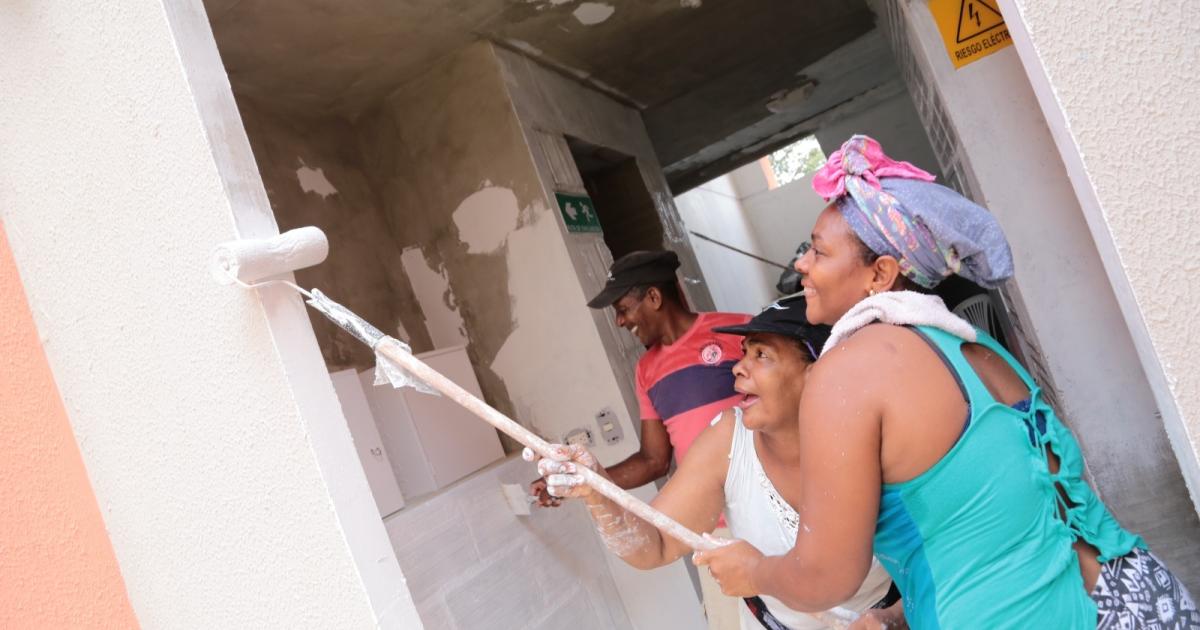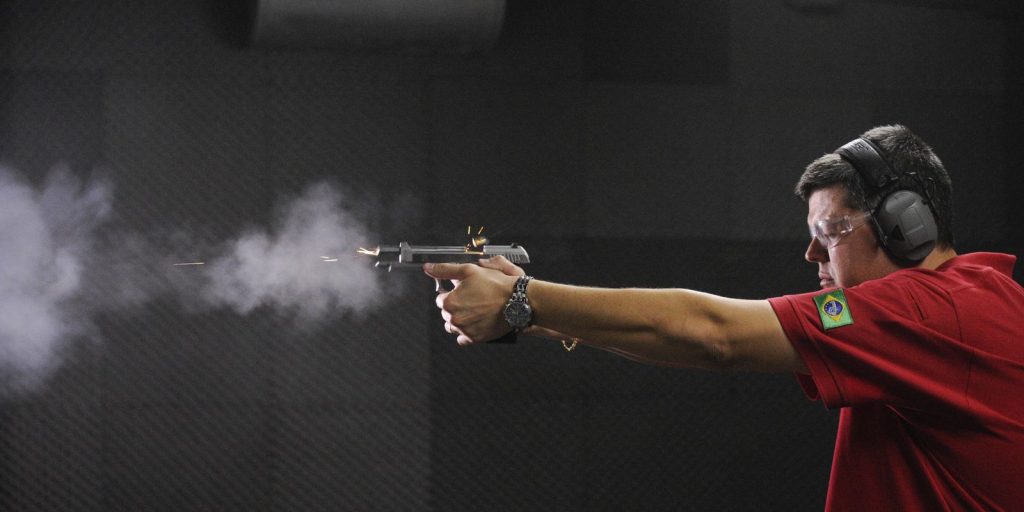According to the Ministry of Housing, the program will allow citizens to participate in the planning and execution of projects.
Beneficiaries of the neighborhoods of peace program will be able to design the improvement of their home and neighborhoods: Minvivienda.
The Ministry of Housing, City and Territory issued Decree 1470 of December 10, 2024, which regulates the Neighborhoods of Peace Program, allowing citizens to participate in the planning and execution of projects for the comprehensive improvement of neighborhoods and homes.
This program seeks to guarantee a physical and social transformation of human settlements with housing shortages, prioritizing the needs of the communities.
The decree establishes the Habitat Management Plan, a management and financing instrument that articulates the planning of physical and socioeconomic interventions. This participatory approach directly involves communities in defining priorities and proposals for their neighborhoods.
You may be interested in: ICBF denied hiring at the last minute, after revelation of million-dollar contracts for 2025
Likewise, they indicated that They will optimize the urban legalization procedures, eliminating complex requirements and facilitating more general urban planning regulations. This will expedite the regularization of settlements and advance the provision of public services, public space, roads and equipment.
Beneficiaries of the Neighborhoods of Peace Program will be able to get involved in improving homes and environments, both urban and rural. Besides, The titling of land, housing solutions and the creation of public spaces will be promoted.
“The objective is to articulate actions between entities and communities to overcome housing gaps and build sustainable and equitable territories,” said Claudia Andrea Ramírez, director of Urban and Territorial Space of the Ministry.
Also read: Afinia provided balance of its work in the Caribbean Region this 2024
- 41% community participation: Citizens will be key in identifying needs and solutions.
- 30% reduction in requirements for urban legalizationsimplifying the process for mayors and communities.
- 15% increase in the provision of public space and equipment, prioritizing areas with deficit.
Finally,the decree integrates gender, rights and biodiversity approaches, guaranteeing that interventions respect the characteristics and needs of each territory. In addition, it promotes monitoring mechanisms to evaluate the impact of projects and ensure their long-term sustainability.
Source: Integrated Information System
















